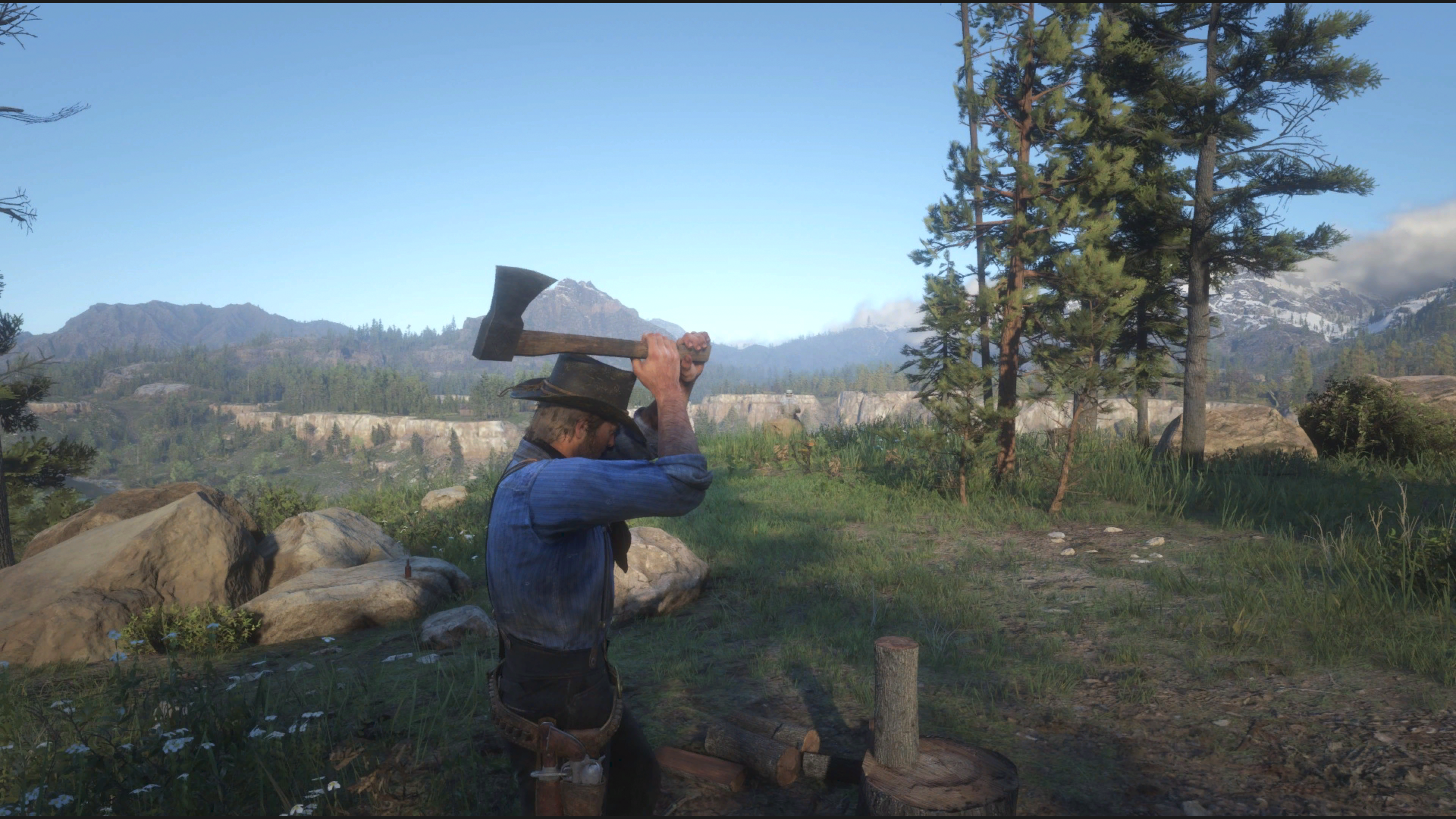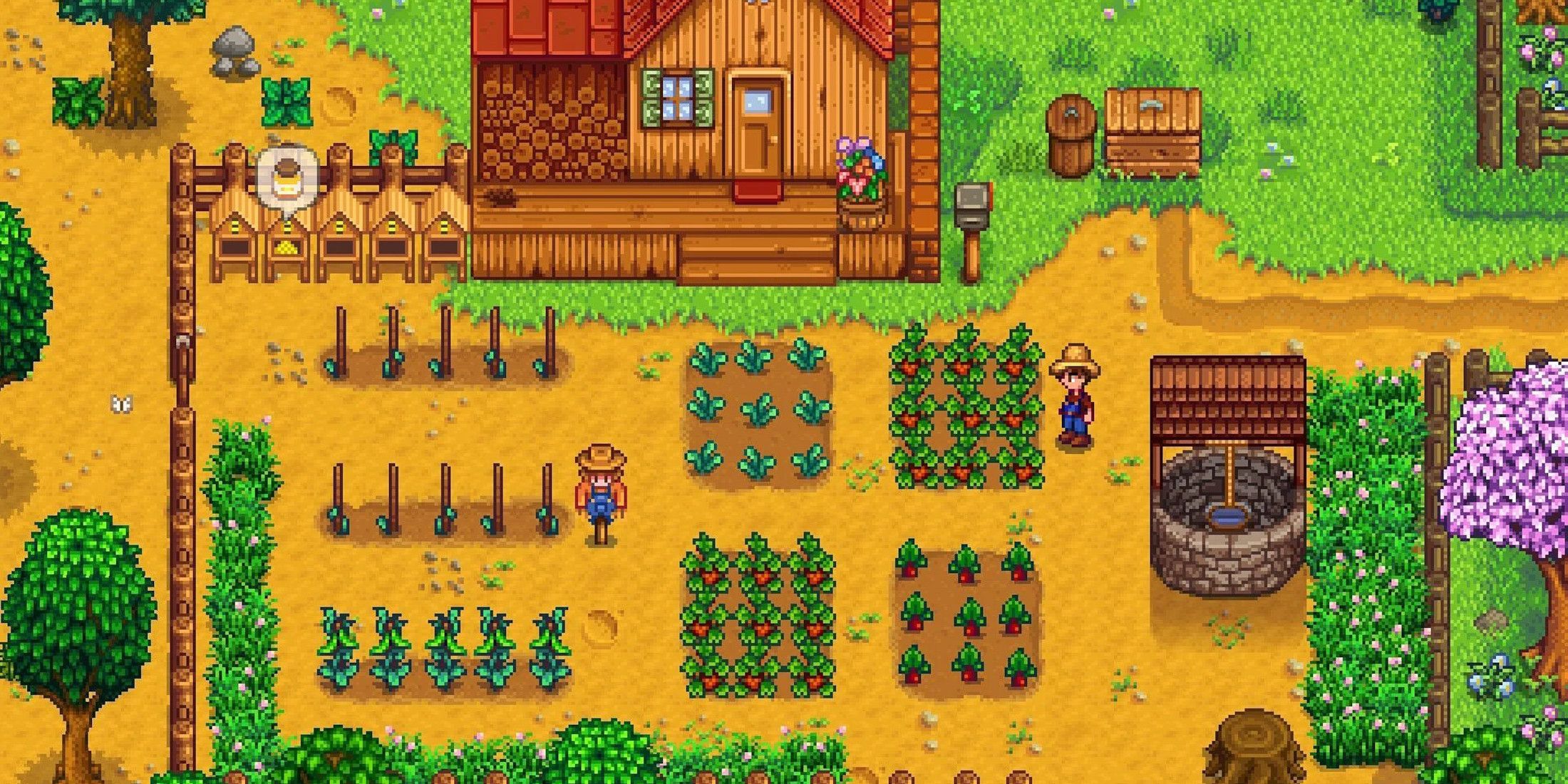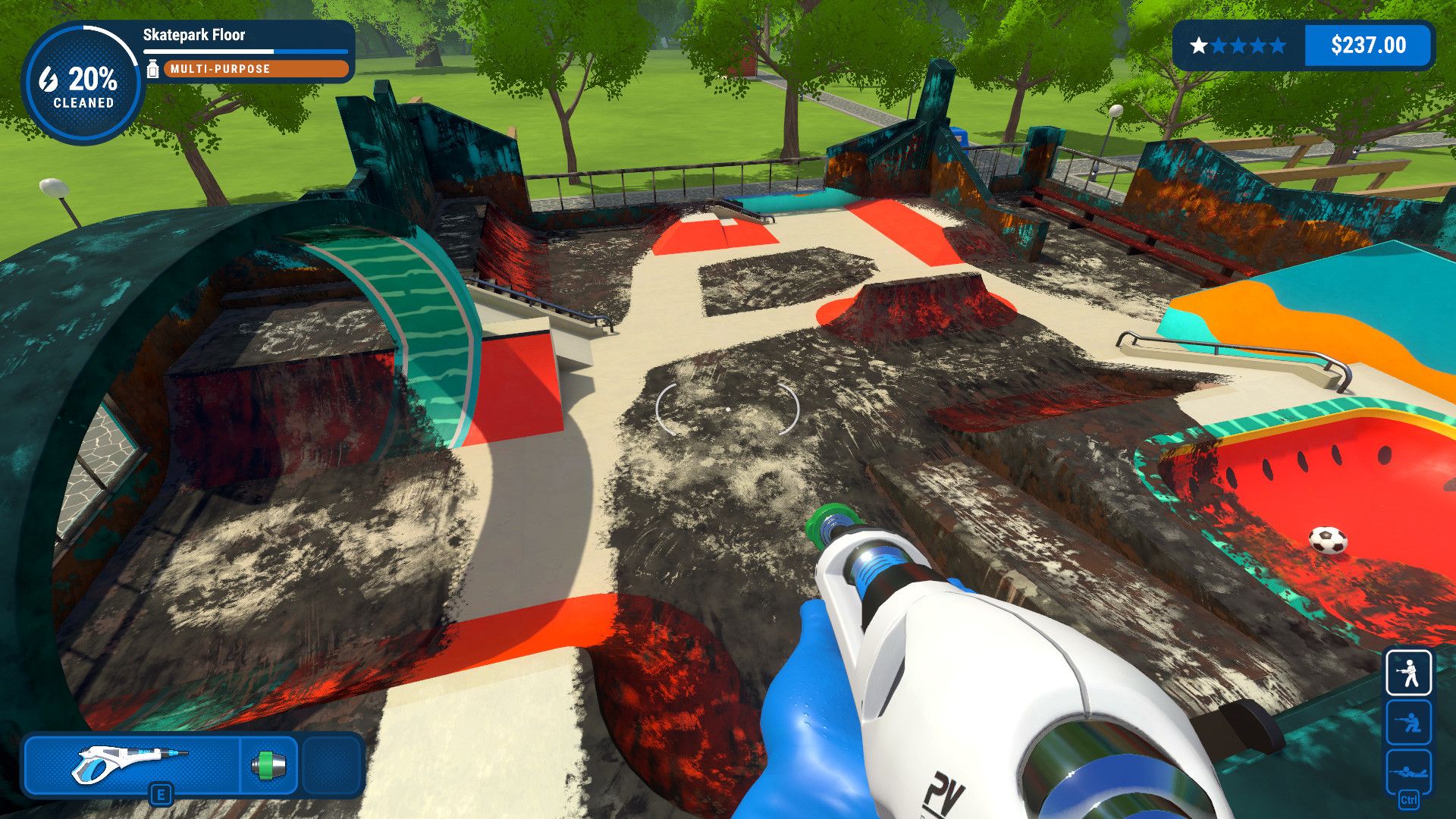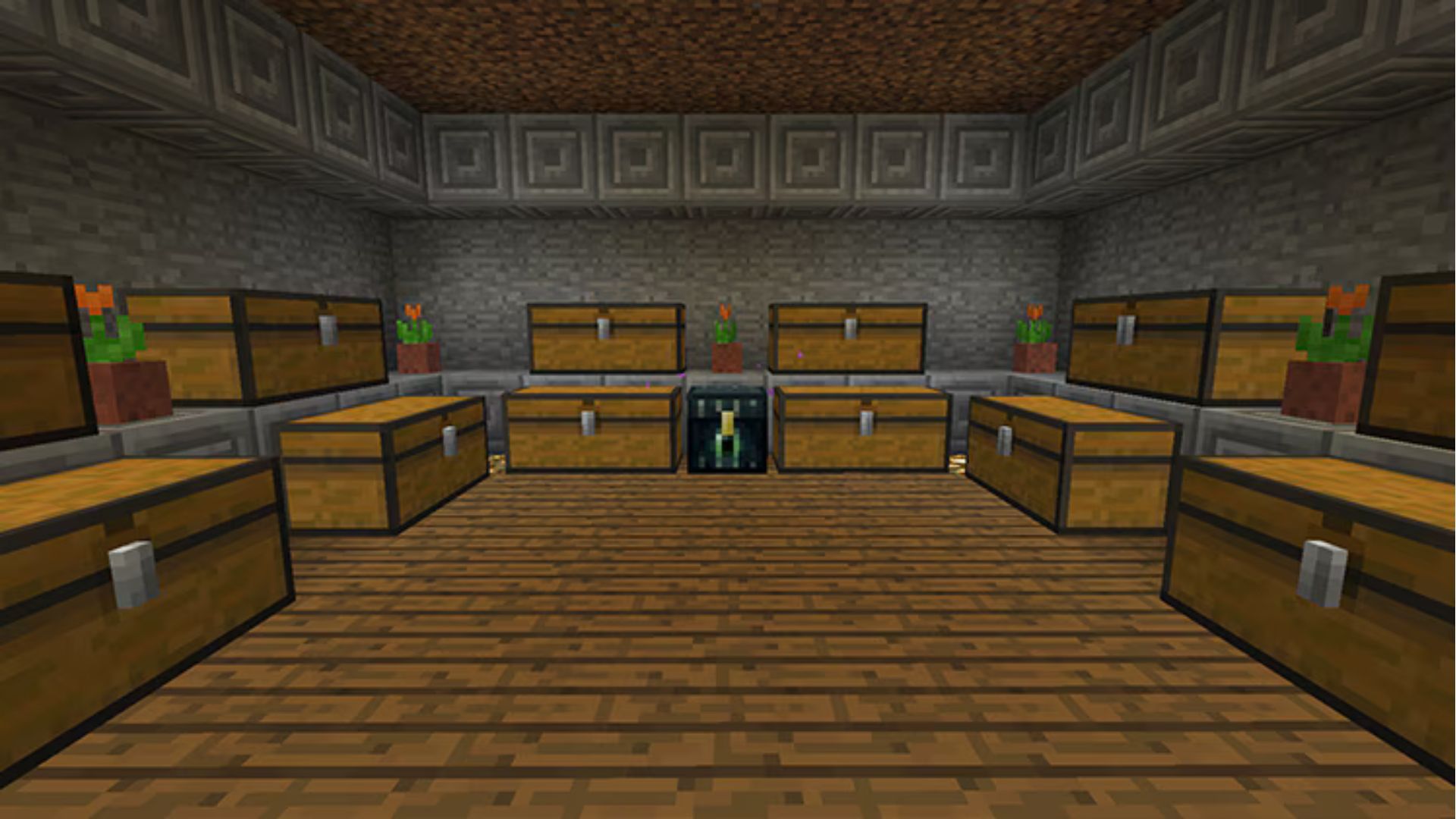Key Takeaways
- Mundane tasks can become engaging side content in some games, serving as set dressing for immersive open-worlds and offering tangible benefits.
- In some games, chores are the entire point, with whole campaigns and careers built around seemingly mundane tasks like cleaning or organizing.
- Don’t be surprised to find yourself engaging in these mechanics since developers are good at incentivizing and rewarding commitment to their worlds.
Growing up, taking care of real-world responsibilities and menial tasks often felt like an interruption to my precious playtime. Now that I’m older, my taste for chores in real life has hardly changed but I find myself drawn to virtual busywork in my gaming sessions.
Everyday Activities Make for Great Side Content
A lot of video games feature trivial tasks that can be repetitive and menial as a form of optional side content. These can range from activities like cooking meals and potions for money or upgrades to cleaning houses and even managing crops and plants by farming or gardening.
The Yakuza and Grand Theft Auto games are known for their unrelated minigames that have players doing a wide range of things from household tasks to collecting trivial items.
A lot of the time, these can net in-game currency or arcade-like high score mechanics that encourage you to give them a shot even if they have nothing to do with the main content. Sometimes, they can even increase character stats or net exclusive items depending on how dedicated you are, making them worthwhile pieces of side content.
Trivial Tasks Flesh Out Open Worlds
Doing chores and trivial tasks in open-world games can be a great way to make the worlds feel more lived-in as the player engages in things that make sense for the given setting.
Rockstar Games titles are prime examples of this, as Red Dead Redemption 2′s open world is known for being particularly immersive and realistic. In it, you can brush your horse, clean up around camp, gather food and resources, and even groom yourself as you engage with your NPC comrades.
These tasks are far from necessary to play the game, and while they do net some minor rewards, they are mostly there because they make sense in an immersive open world. Players are already expected to return to the camp and engage with it regularly. Since these tasks are so readily accessible, it’s easy and seamless to find yourself doing them.
Another Rockstar game, Bully, is similarly immersive as not only does it reward you for attending your classes on time, you end up doing in-game chores as punishments for breaking rules. While these can sometimes be a little less optional than usual, they still feature fun high-score mechanics and make perfect sense for the setting.
Sometimes, Chores Are the Whole Game
There are also examples where chores are the main appeal of a game and a reason to pick it up to begin with. Many games have taken the concept of a virtual chore and fleshed out a whole game around it, with varying levels of intensity.
Games like Powerwash Simulator, Unpacking, and Farming Simulator focus solely on doing one or a few specific “chores,” building the entire game around them with unique gimmicks that make them entertaining.
Meanwhile, Animal Crossing and Stardew Valley focus on tasks like farming, arranging furniture, and gathering items which are all highly simplified as part of a quirky and unique game world. While these games are inherently repetitive and low-stakes, the appeal comes from the simplicity of tasks, the soundtracks, and the gradual progression in the world at large.
Usually, players can never properly “beat” these games as they effectively go on endlessly as long as the player is satisfied with the returns on their time. The Sims features very little moment-to-moment action, instead having players manage day-to-day tasks on a constant basis in return for immediate rewards and feedback.
Tactile Feedback Goes a Long Way
A big part of why players might enjoy doing seemingly trivial tasks or playing entire games built around them is that they are often accompanied by tactile feedback or audio that makes them engaging.
Doing the same chores in real life is often tedious and requires a degree of self-motivation. Video games, on the other hand, provide physical sensations, sound effects, and other feedback that makes them almost addictive in some cases.
Powerwash Simulator is known for its satisfying visuals, as players can see levels get gradually cleaner one line at a time, followed up with a gratifying “ding” sound when each one is finished. The combination of these alongside in-game monetary rewards for clearing each item provides a perfect mix of sensations that keep players coming back.
It’s Easy to Be Tricked Into Doing Them Anyway
Even if you’re not a fan of doing repetitive tasks in your games, it’s not hard to find yourself engaging in them anyway, even if it’s just for quality-of-life purposes.
Survival games, while not inherently tedious in many cases, often have a lot of items, crafting resources, and other tasks you have to engage with to progress. While farming, mining, and other things are typically relegated to simple button presses, they can also fill up your inventory over time, which will require you to sort it out later.
No matter how you play, you’re likely to run into a full inventory at some point in games like Minecraft, in which you may need to build in-game storage and spend a lot of time organizing it to keep your items stowed conveniently.
This is hardly a requirement to play the way you like, but the more time you put in, the more likely it is that you’ll run into full inventories and cluttered storage. At some point, it will usually be a good idea to spend time managing your inventories and keeping things stowed in a way that’s easy to identify.
You might find yourself doing these things without even thinking about it, as you have the option to make unique and creative structures and methods for in-game storage. In survival games like Minecraft, you might find yourself doing these things anyway, and as you grow stronger, it makes it easier to manage end-game content.
Chores are a fact of life, whether you like it or not, but video games open up a whole new avenue to make them fun and engaging. Not only can they be directly beneficial, they can even be the main appeal of a game, drawing players in by turning menial tasks into satisfying, full-fledged experiences.
Now if only someone could translate the motivation I feel in a game like Unpacking into the real world…






![Refresh your iPhone in style with the TORRAS Ostand Fitness case [15% off]](https://techtelegraph.co.uk/wp-content/uploads/2025/04/TARROS.webp-218x150.jpeg)

